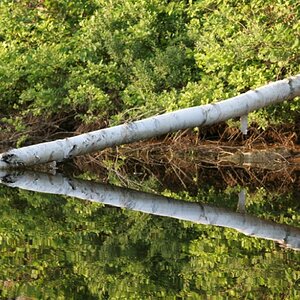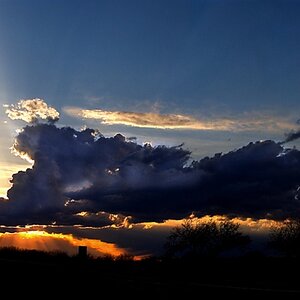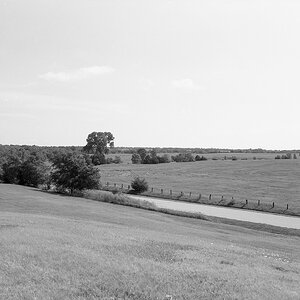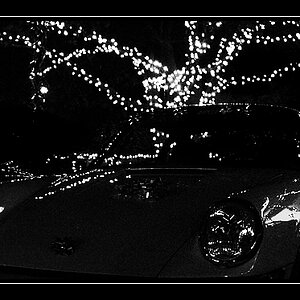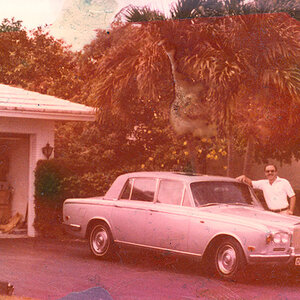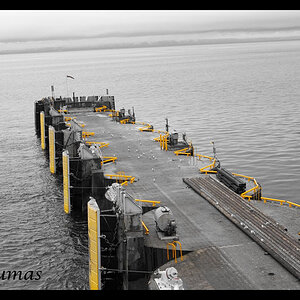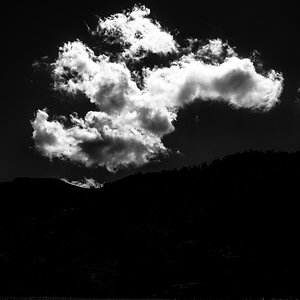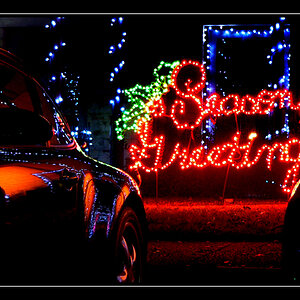bob*donna
TPF Noob!
- Joined
- Apr 3, 2015
- Messages
- 13
- Reaction score
- 0
- Can others edit my Photos
- Photos OK to edit
What is the difference between circular and linear? I know linear is used for manual focus while circular is used with either auto or manual. Is there any other difference? Also, is there a polarizer that does not spin? If so I'd love to know where to get one!



